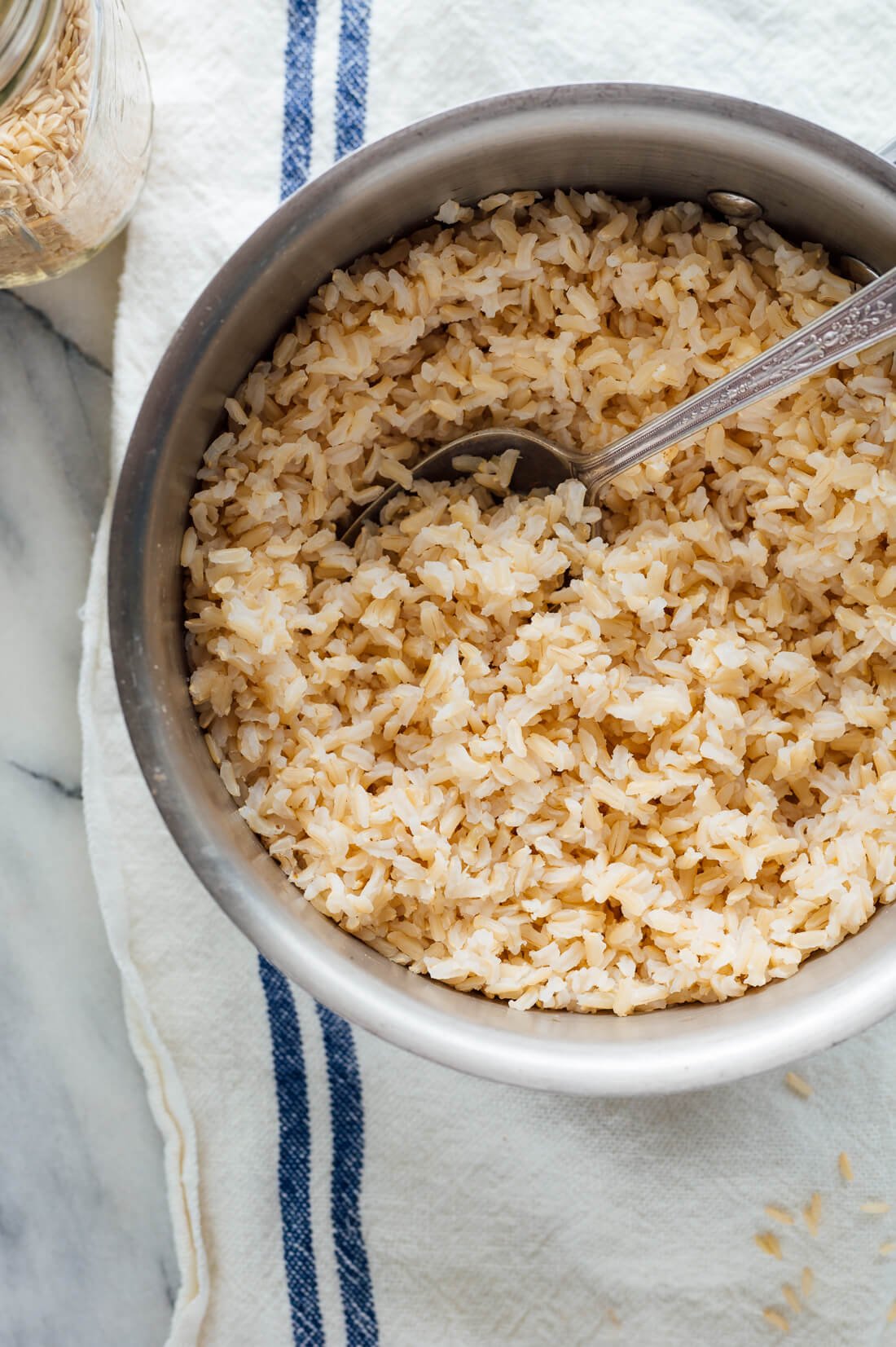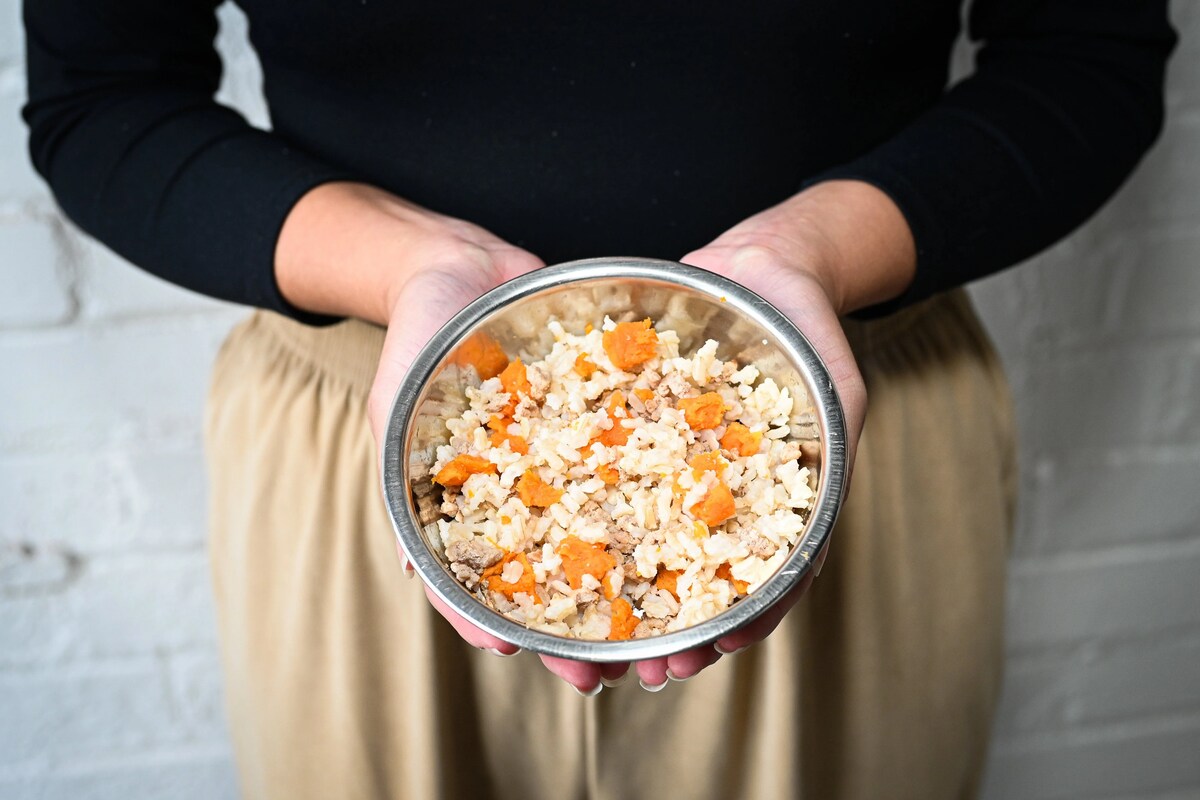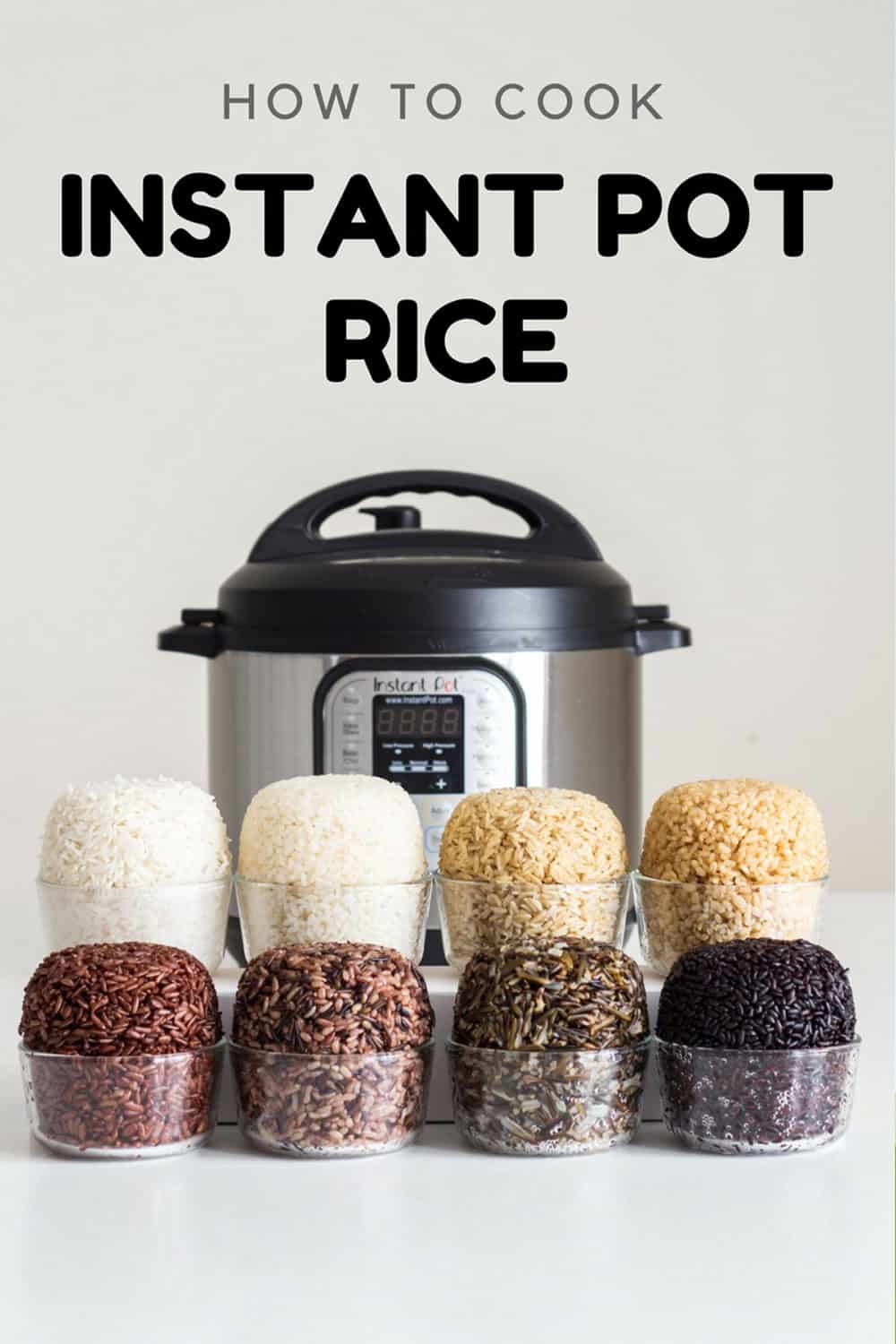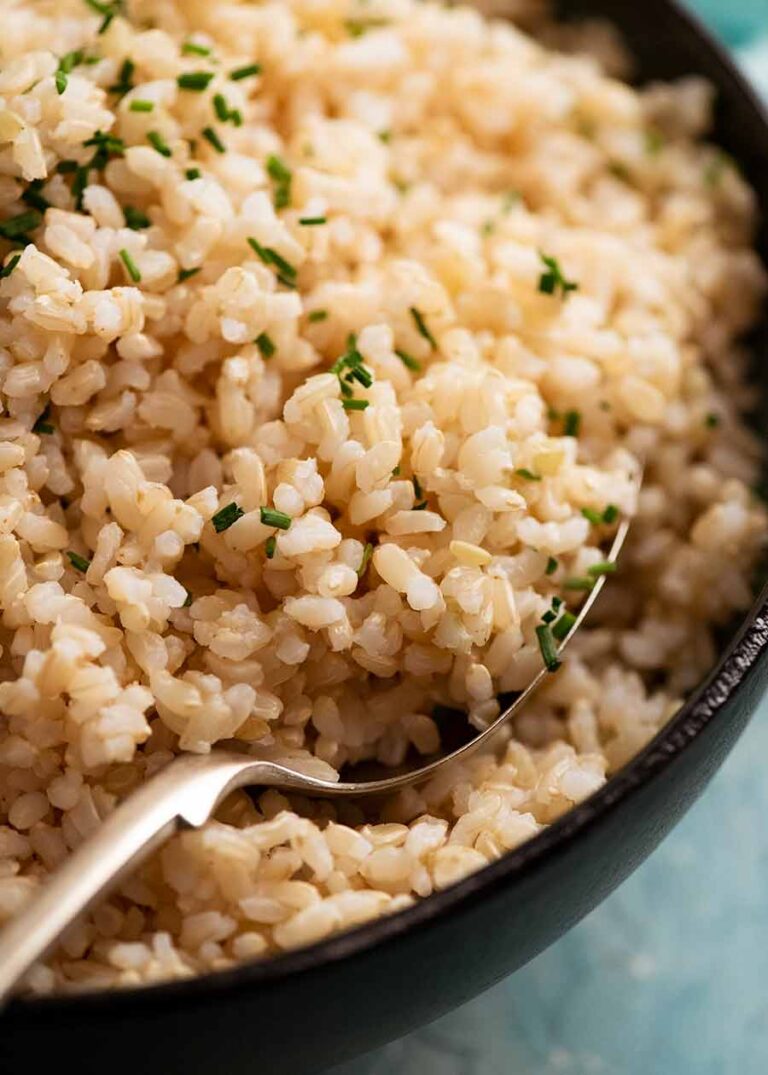Brown rice is better for dogs as it provides carbohydrates, fiber, and important nutrients. On the other hand, white rice is recommended for dogs experiencing diarrhea and gastrointestinal distress as part of a bland diet.
Brown rice has a lower glycemic index, more fiber, and is higher in protein compared to white rice, making it a healthier option. However, it is harder for dogs to digest. Ultimately, the choice between brown and white rice should depend on a dog’s specific needs and dietary requirements.

Credit: cookieandkate.com
Is Brown Rice Better For Dogs?
Brown rice and white rice both have their own set of benefits and drawbacks when it comes to feeding them to dogs. In this article, we will focus on whether brown rice is better for dogs. Let’s explore the reasons why brown rice might be a preferable choice for your furry friend.
Higher Nutritional Value Of Brown Rice
Brown rice is known for its higher nutritional value compared to white rice. It is rich in essential vitamins, minerals, and antioxidants that are beneficial for a dog’s overall health. This is because brown rice retains its nutrient-rich bran and germ layers, which are removed during the processing of white rice.
Some of the key nutrients found in brown rice include:
- Fiber: Brown rice is an excellent source of dietary fiber, which aids in digestion and helps maintain a healthy weight for your dog.
- Protein: Brown rice contains higher protein content than white rice, making it a great option for dogs that require a protein-rich diet.
- Vitamins and Minerals: Brown rice is a good source of various vitamins and minerals, such as B vitamins, magnesium, and phosphorus, which are essential for optimal canine health.
Lower Glycemic Index And Fiber Content
Brown rice has a lower glycemic index compared to white rice, which means it takes longer to digest and helps regulate blood sugar levels. This can be particularly beneficial for dogs with diabetes or those prone to weight gain. Additionally, the high fiber content in brown rice promotes bowel regularity and can help prevent constipation in dogs.
Suitability For Dogs With Specific Health Conditions
Brown rice is often recommended for dogs with specific health conditions. Its fiber-rich nature can aid in the management of gastrointestinal issues, including diarrhea. The additional nutrients present in brown rice can also contribute to skin and coat health, as well as support the immune system.
However, it’s important to note that every dog is unique, and their dietary needs may vary based on factors such as breed, age, and existing health conditions. Consulting with a veterinarian is always recommended to determine the most suitable diet for your dog.
In conclusion, brown rice offers higher nutritional value, a lower glycemic index, and suitability for dogs with specific health conditions compared to white rice. When incorporating brown rice into your dog’s diet, ensure it is cooked thoroughly and served in moderation to avoid any potential digestive issues.

Credit: nativepet.com
Is White Rice Better For Dogs?
Brown rice may be a better option for dogs as it provides carbohydrates, fiber, and important nutrients. However, for dogs experiencing gastrointestinal issues, white rice is a crucial part of a bland diet.
bying white rice for their furry friends, thinking it’s the healthier option. However, when it comes to choosing between brown rice and white rice for dogs, the answer might surprise you. In this section, we will explore the benefits of white rice and why it might be a better choice for your canine companion in certain situations.Ease Of Digestion
One of the reasons why white rice is often recommended for dogs is its ease of digestion. Dogs with sensitive stomachs or gastrointestinal issues may find it challenging to digest certain foods. That’s where white rice comes in. Unlike brown rice, which contains high amounts of fiber and nutrients, white rice has been stripped of the bran and germ, making it easier to digest. White rice is also low in fat, which means it won’t put added strain on your dog’s digestive system. Its mild flavor and soft texture make it a gentle option for dogs recovering from digestive issues like diarrhea or an upset stomach.Role In Bland Diets And Post-diarrhea Feeding
When it comes to feeding dogs with diarrhea or other gastrointestinal problems, a bland diet often plays a crucial role in their recovery. A bland diet typically consists of easily digestible foods, and white rice is a staple in such diets.White rice helps in firming up your dog’s stools by absorbing water and providing gentle bulk to aid in normal bowel movements. Its bland nature soothes the irritated digestive system, giving your dog’s gut a chance to heal.Considerations For Diabetic Dogs
Just like humans, dogs can also develop diabetes. In these cases, the nutritional content of their diet becomes crucial. White rice has a lower glycemic index compared to brown rice, meaning it causes a slower rise in blood sugar levels after consumption. This can be beneficial for diabetic dogs as it helps in maintaining stable blood sugar levels.However, it’s essential to consult your veterinarian before making any dietary changes for diabetic dogs, as their specific nutritional needs may vary.In conclusion, while brown rice certainly has its own nutritional benefits, when it comes to specific situations like ease of digestion, bland diets, and diabetes management, white rice might be a better option for your furry friend. Remember, always consult your veterinarian before making any significant changes to your dog’s diet.
Credit: greenhealthycooking.com
Frequently Asked Questions For Is Brown Rice Or White Rice Better For Dogs
Is Brown Rice Or White Rice Healthier For Dogs?
Brown rice may be healthier for dogs as it contains fiber and important nutrients. White rice is recommended for dogs with gastrointestinal distress.
What Kind Of Rice Is Best For Dogs?
Brown rice is the best rice for dogs as it provides carbohydrates, fiber, and important nutrients. For dogs with diarrhea, plain white rice is recommended as it is easy to digest and can help stabilize stool. However, rice should only be part of a varied diet and not a daily meal.
Is It Ok To Feed Dogs Rice Everyday?
Feeding dogs rice everyday is okay as long as it is part of a varied diet. Brown rice provides carbohydrates, fiber, and important nutrients. White rice is recommended for dogs with diarrhea as part of a bland diet. Rice should be plain, cooked without seasoning, and included in a balanced diet.
Brown rice has a lower glycemic index and more fiber but may be harder for dogs to digest. Moderation is key.
What Kind Of Rice For Dogs With Diarrhea?
Brown rice is the best kind of rice for dogs with diarrhea. It is easy to digest and contains fiber that helps stabilize their stools. Use plain white rice without any seasoning or flavors.
Conclusion
Brown rice and white rice both have their own benefits for dogs. Brown rice is a great source of carbohydrates and offers fiber and essential nutrients. On the other hand, white rice is easily digestible and is often recommended for dogs with gastrointestinal issues.
Ultimately, the choice between brown and white rice depends on your dog’s specific needs. Remember to consult with your veterinarian before making any changes to your dog’s diet.



